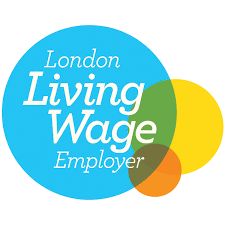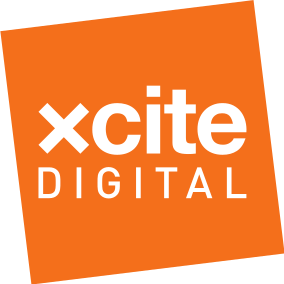
These days we keep hearing about “crowdfunding”. In this article we look at what it is and whether it has a role to play in small business funding.
Crowdfunding is a way of raising funds by asking as many people as possible to contribute a small amount of money to a project or cause. It is essentially the same concept that charities have been using for years, but the growth of the internet and social media has made crowdfunding increasingly possible for a wider variety of causes.
The first example of online crowdfunding outside the charitable sector was in 1997 when the band Marillion used it to raise money from American fans to fund their US tour. It was so successful that they then used crowdfunding to finance further albums. Since then many other creative projects have also been crowdfunded by others, including music, films and art exhibitions.
But what about small businesses. Is crowdfunding a viable financial option? In the above examples, people give because they believe in a venture and want to be part of it. Perhaps in return for their gift they will see their name on the album cover - as did the Marillion fans who funded the albums - or film credits, but they don’t expect any other return on their investment.
People investing in a business, however, will expect some return on that investment. Four ways that this is commonly managed are:
- Donation-based crowdfunding
This method of crowdfunding is dependent on people's’ goodwill alone. People donate money to what they perceive as a good cause and do not get anything in return. Contributions are usually made when people share values and interests with the promoter, typically in the non-profit sector to support various causes such as social, environmental or political.
- Reward-based crowdfunding
Kickstarter is a well-known example of reward-based crowdfunding. Those that contribute receive different kinds of rewards depending on how much they have given. These can range from a simple acknowledgement or a complete finished product. Reward-based crowdfunding is often used in the artistic sector, as in the Marillion albums mentioned above.
- Equity crowdfunding
People invest in an opportunity in exchange for either shares or a small stake in the business. The value of their investment will then rise or fall depending how the business is doing, so they have a vested interest in helping the business succeed. This is particularly popular for start up businesses.
- Lending-based crowdfunding
Also called Peer to Peer (P2P) Lending, this is where people simply lend money to each other without going through a traditional bank. Investors will then receive their money back when the business is able to repay them. Usually this is with interest, although some may be prepared to forego this for altruistic reasons: knowing they have helped someone achieve their dreams may be enough reward.
So, is crowdfunding right for your business? According to Rob Benfield of Fair Business Loans: “The main advantages of this form of financing are simply providing alternative sources of finance for borrowers and providing additional competition in the funding market that benefits the terms available to borrowers . . . . However, the variety of these new, innovative products is also an issue as there is a lack of regulation adapted to the sector.”
Indeed, whilst crowdfunding can be a creative way of raising funds, you do need to bear in mind that unless you already know people that you can ask to support you it can take quite a bit of time to raise the funds that you need. You also then need to sort out all the logistics about which type of crowdfunding you are aiming for.
If reward-based crowdfunding, you will need to ensure that the right rewards are allocated to the right people! If equity crowdfunding, you need to ensure that you are comfortable working with the people who are investing and that they truly share the vision and values of your business - because remember it will become partly their business too. If lending-based crowdfunding, then how will you keep track of who has paid what when they want repayment and under what terms?
Rob Benfield concludes: “While there are competition benefits, in my view borrowers and those who lend through these platforms need to be more careful than they need to be with more heavily regulated mainstream lenders.”
Lots of food for thought! If, on reflection, you would prefer to investigate a small business loan as a way of moving your business forward then why not get in touch with Fair Business Loans? Although we are a financial organisation we are far more flexible than mainstream lenders and would love to help you move your business forward in your way and your time.




